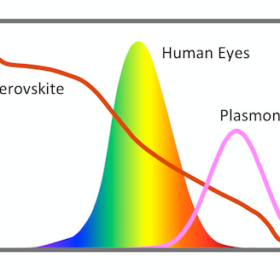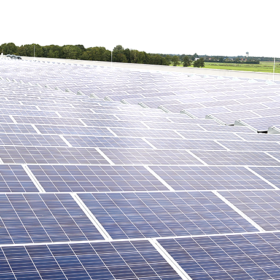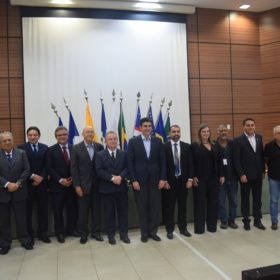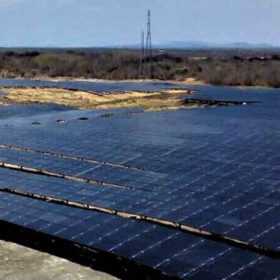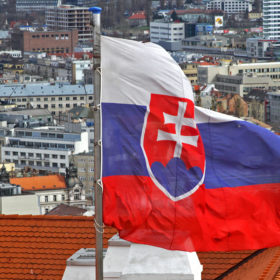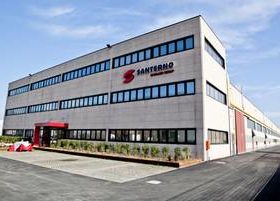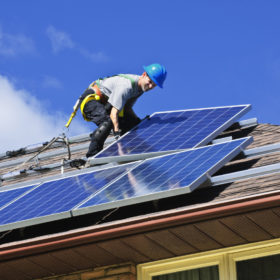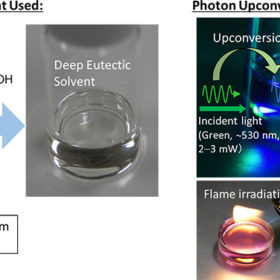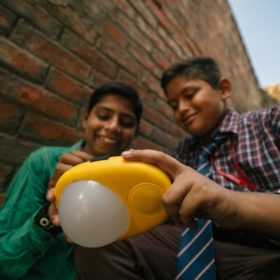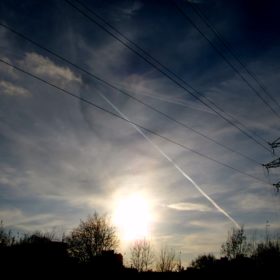Japan research team develops new semi-transparent solar cell
The new cell, based on perovskite and silver nanocubes, is being developed for solar window applications.
Netherlands sets €12 billion budget for 2018 SDE+ program
The first window to submit solar projects will be opened in the so-called “Spring Round” on March 19. The program is open, among other renewable energy projects, to solar plants over 1 MW and projects ranging in size from 15 kW to 1 MW.
Brazil launches $154 million fund for residential PV in the Amazon basin
The funds will be used to provide financing for residential PV projects across all of the nine states that form the so-called Amazônia Legal.
Nicaragua extends fiscal incentives for renewables by another five years
The tax benefits for renewable energy generation projects, which were set to expire at the end of this year, have been extended until the end of 2022.
Slovakia’s Green Houses Program has €13 million 2018 budget
The scheme grants incentives for the installation of solar water heaters, PV systems up to 10 kW, heat pumps and small windmills.
Elettronica Santerno bags 100 MW order from Chile
The Italian inverter maker will supply its Sunway TG TE 1500V devices for a project under development by an unnamed global utility active in the renewable energy sector.
France reduces grid fees for residential and commercial PV
The grid fees will be lowered for all solar power generators not exceeding in size 5 MW, depending on the system size.
Japanese scientists develop new solvent-based photon upconversion platform
For the new kind of photon upconversion, the research team used deep eutectic solvents as an alternative to ionic fluids.
Apis Partners provides Greenlight Planet with $60 million in funds
The U.S.-based off-grid specialist will use these financial resources to expand its business in Asia and Africa.
Lithuania raises net metering size limit for businesses and farmers
Prior to the introduction of the new provisions, only public institutions were entitled to install PV systems between 10 and 100 kW. The 10 kW limit will remain for private citizens, however.

